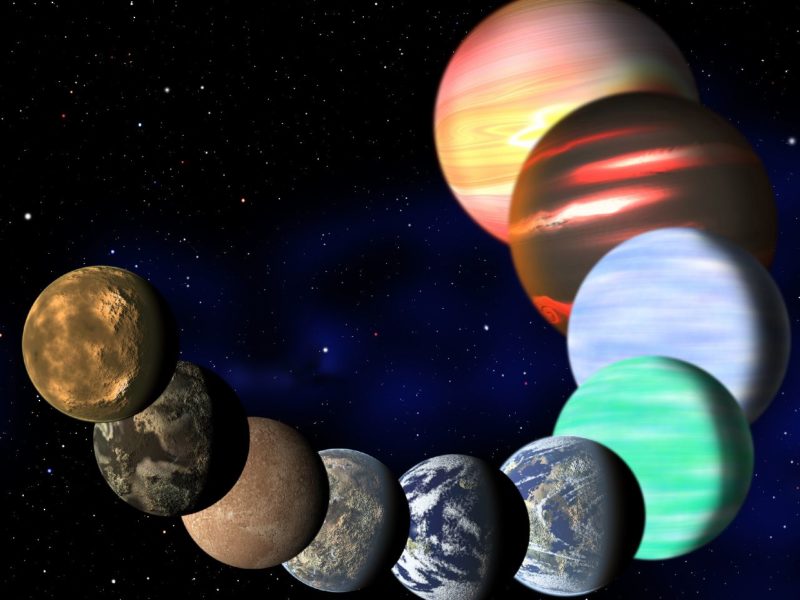Hawaii, US – Researchers at the V.M. Keck Observatory in Hawaii discovered what looks to be the first habitable planet outside our solar system. The planet Gliesee 581g, which is about 20 light-years away, orbits the red dwarf star Gliese 581 once every 37 days. The planet is remarkably similar to Earth. One major difference is that Gliese 581g does not rotate about its axis, leaving one side perpetually in the light and one side perpetually in the dark. Scientists speculate that if the planet had any life-forms, they would live near the line between light and dark, known as the ‘terminator.’ This area is the temperate region, most hospitable toward life.
Oxford, UK – New archaeological evidence suggests that the land mass that once connected Papua, New Guinea, to Australia was inhabited as long ago as 43,000 years. This new discovery will aid in developing a more complete picture of how the entire world became populated; it should also assist in further understanding evolution of science and technology through exploration of the tools used and how the environment was altered.
Queensland, Australia – Scientists at the University of Queensland in Australia have found that, out of the 187 species of mammals once considered extinct, 67 of those species have been rediscovered after thorough field searching. Diana Fisher and Simon Blomberg, the leading researchers in the study, put together a list of all the species considered extinct and then dug through literature from the last forty years to come to this conclusion. They found that one field search for a suspected extinct species wasn’t enough.
Jiayuguan, Gansu Province, China – Archaeologists in the Gobi desert in China have discovered what looks like a huge, carnivorous ancestor to the modern ostrich. The dinosaur, which would weigh roughly 1400 lbs, stands 10 feet at the hip and has 6-inch claws on its ‘hands.’ Its beak has no teeth but is very strong, so it is likely that the dinosaur ate small rodents and lizards, as well as any foliage that was convenient.


'Scientific discoveries this week: 10-4-10' has no comments
Be the first to comment this post!